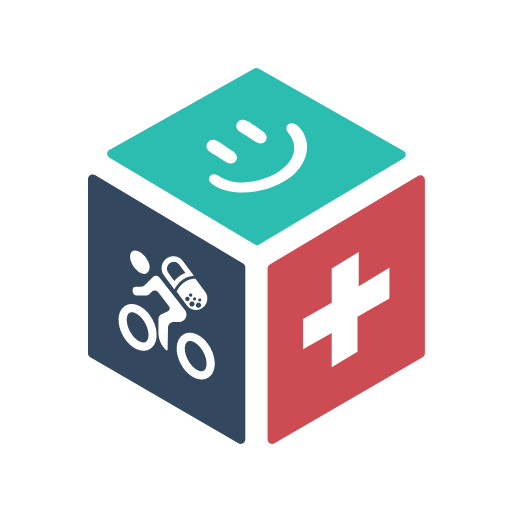Generic Information
DONEPEZIL HYDROCHLORIDE
Donepezil hydrochloride is indicated for the treatment of mild to moderate dementia of the Alzheimer8s type.
Drugs for Dementia
Donepezil reversibly and noncompetitively inhibits centrally-active acetylcholinesterase. Donepezil Hydrochloride is a centrally acting anticholinesterase agent. It binds reversibly with acetylcholinesterase and inactivates it, thus inhibiting hydrolysis of acetylcholine. As a result the concentration of acetylcholine increases at cholinergic synapses in the brain.
Adult: Initially, 5 mg daily at bedtime, increase if necessary up to 10 mg once daily at bedtime after 4-6 wk. Elderly: Initially, 5 mg daily at bedtime, increase if necessary up to 10 mg once daily at bedtime after 4-6 wk. Since food does not affect the rate or extent of absorption of donepezil, it can be administered with or without food.
May increase the neurotoxic effect of antipsychotics. Concurrent use with systemic corticosteroids may increase the adverse effects of donepezil. May increase the neuromuscular-blocking effect of succinylcholine. May increase the adverse effects of cholinergic agonists. May increase the bradycardic effect of 8-blockers.
Donepezil is contraindicated in patients with known hypersensitivity to donepezil hydrochloride or to piperidine derivatives.
Generally well tolerated but some patients may experience nausea, vomiting & diarrhoea. These adverse events are of mild intensity and transient, resolving during continued treatment without the need for dose modification. Less frequent side effects are insomnia, fatigue, anorexia, muscle cramps, generalized seizure etc.
Pregnancy: There are no adequate and well controlled studies in pregnant woman. Donepezil should be used during pregnancy only if the potential benefit justifies the potential risk to the fetus. Nursing Mother: It is not known whether Donepezil Hydrochloride is secreted in human breast milk or not. Donepezil is not indicated in nursing mother.
Overdose may result in cholinergic crisis; symptoms include severe nausea, vomiting, salivation, hypotension, bradycardia, resp depression, collapse and seizures. Muscle weakness may increase and death may occur if resp muscles are involved. Treatment includes supportive measures and use of tertiary anticholinergics (such as atropine).
Caution should be taken in sick sinus syndrome or other supraventricular conduction abnormalities, patients at risk of developing peptic ulcers, asthma, obstructive airway disease and during anaesthetic procedure.
Store below 308C
